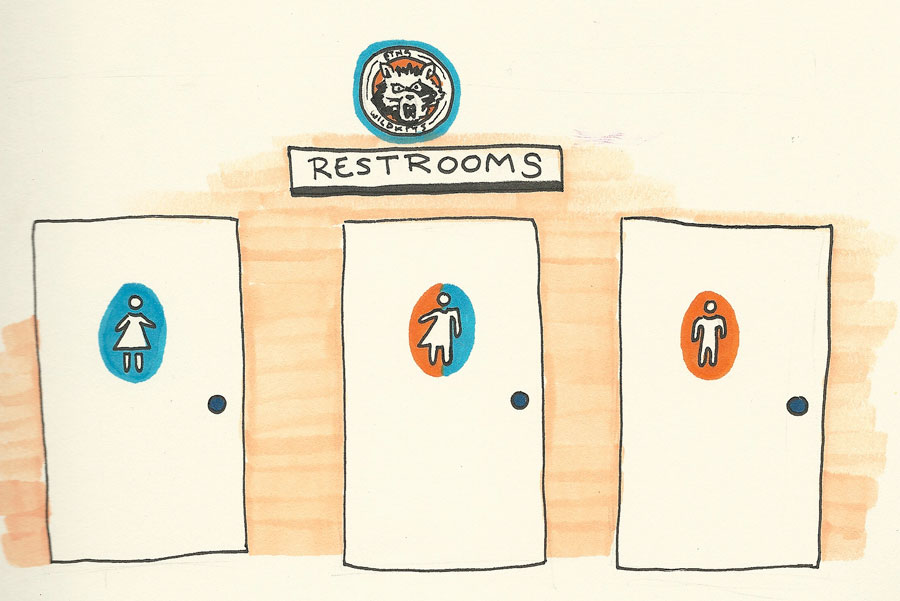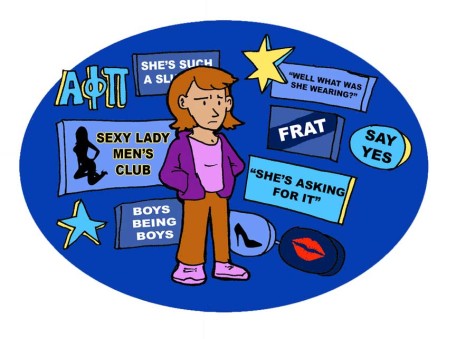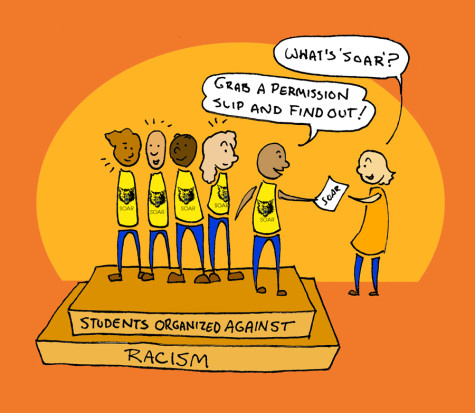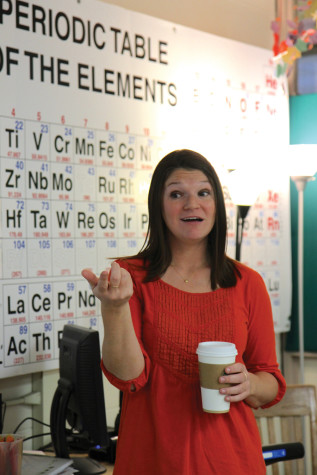History neglects to remember important LGBT members
LGBT rights may be a new concept in politics, but LGBT people are not.
Barack Obama may be the first President to voice support for same-sex marriage, but politically supported or not, LGBT people were always prominent.
Alexander the Great, king of Ancient Greek Macedon, may have been gay. Same-sex relationships were not uncommon during the era; there have been multiple reports of affection between ancient Greek men.
In more recent history, after her husband’s affair, Eleanor Roosevelt found comfort in a relationship with Lorena Hickok. The two exchanged thousands of letters, which some argue show evidence of a relationship between the two.
Political figures throughout history had to hide their orientations that were considered offensive by the majority. This was less important in the world of the arts.
One of the most influential classical composers, Russian Pyotr Ilyich Tchaikovsky, was gay. It was not socially accepted, but his orientation remains well-known.
Josephine Baker, American singer and dancer from the 1920’s, was known for her “lady lovers” both onstage and off. She dated both men and women. This list included Jo Bouillon, a French jazz musician, who was gay himself.
Walt Whitman, American poet and essayist, is known to have been bisexual. Leaves Of Grass was labeled pornographic by critics. Whitman was asked whether his poetry was homosexual, to which he provided no comment.
Cornerstone historical events included the LGBT as well. According to the Gerber and Hart archive staff, a man named Alan Turing cracked the Nazi code during WWII and helped make it possible for the Allies to win, but was later persecuted due to his orientation. However, like many historical LGBT people, he is rarely mentioned in education.
Despite of their prominent roles, LGBT individuals have had to conceal themselves throughout history. But modern society is starting to overcome the intolerance of the past.
Your donation will support the student journalists of the Evanstonian. We are planning a big trip to the Journalism Educators Association conference in Philadelphia in November 2023, and any support will go towards making that trip a reality. Contributions will appear as a charge from SNOSite. Donations are NOT tax-deductible.






